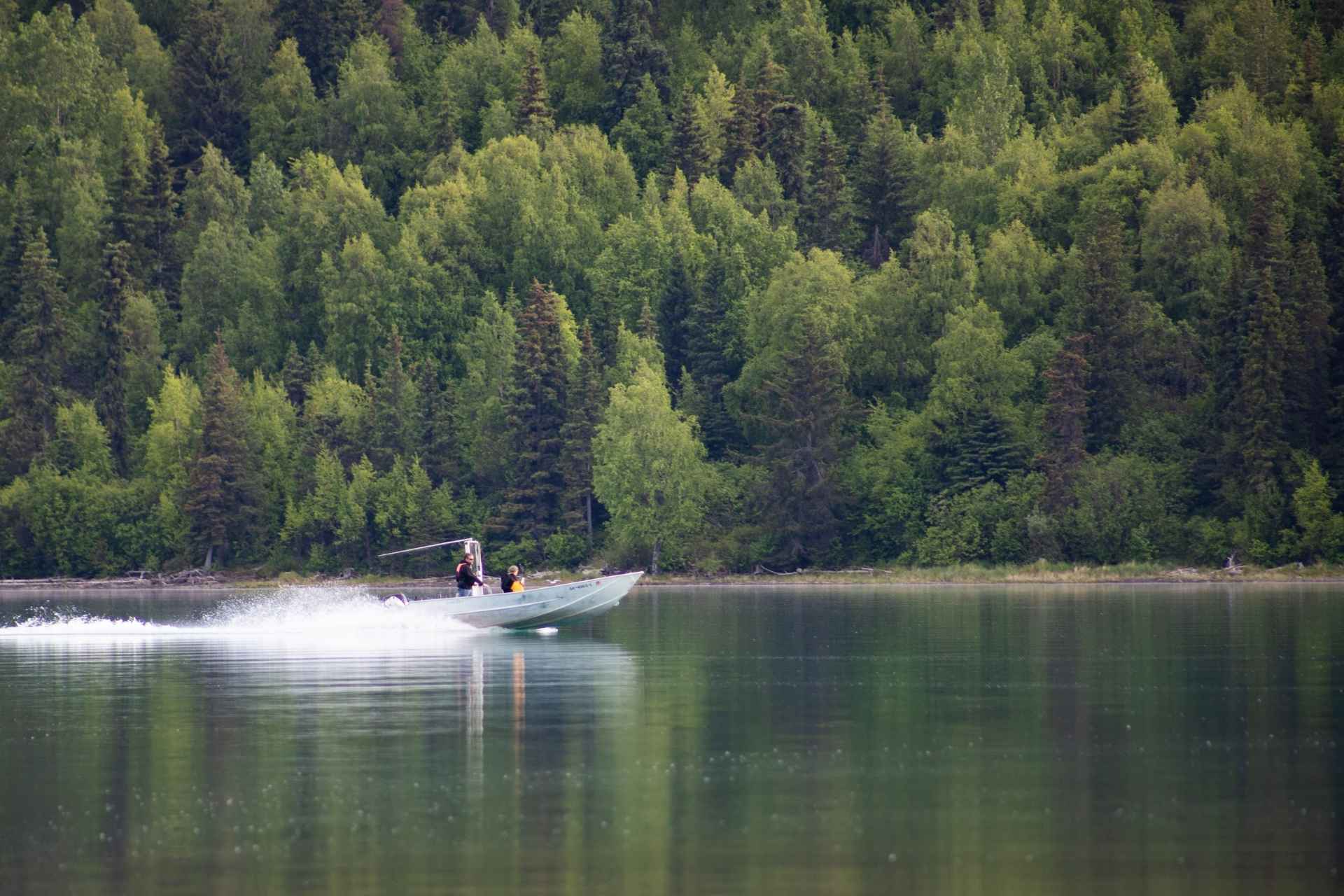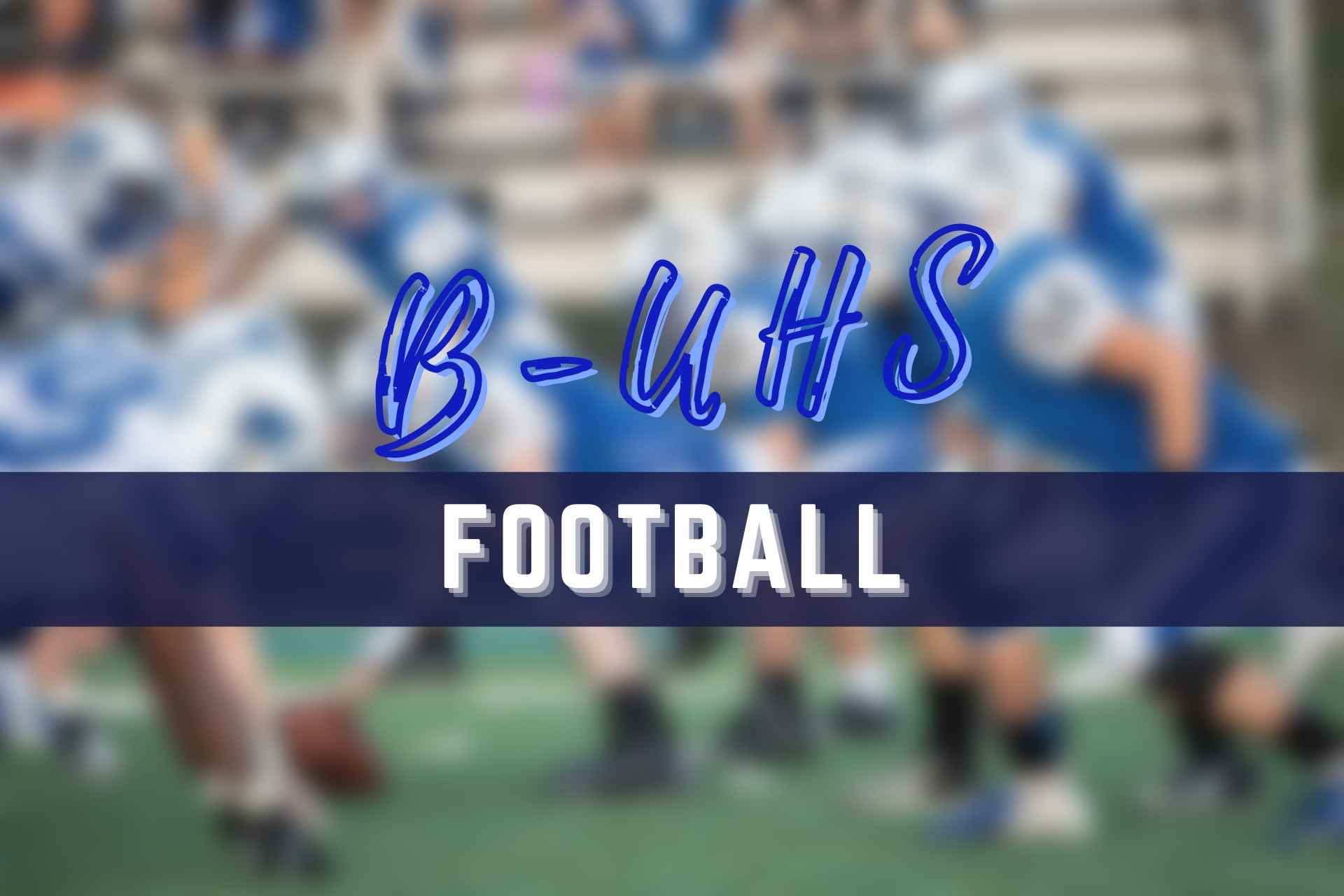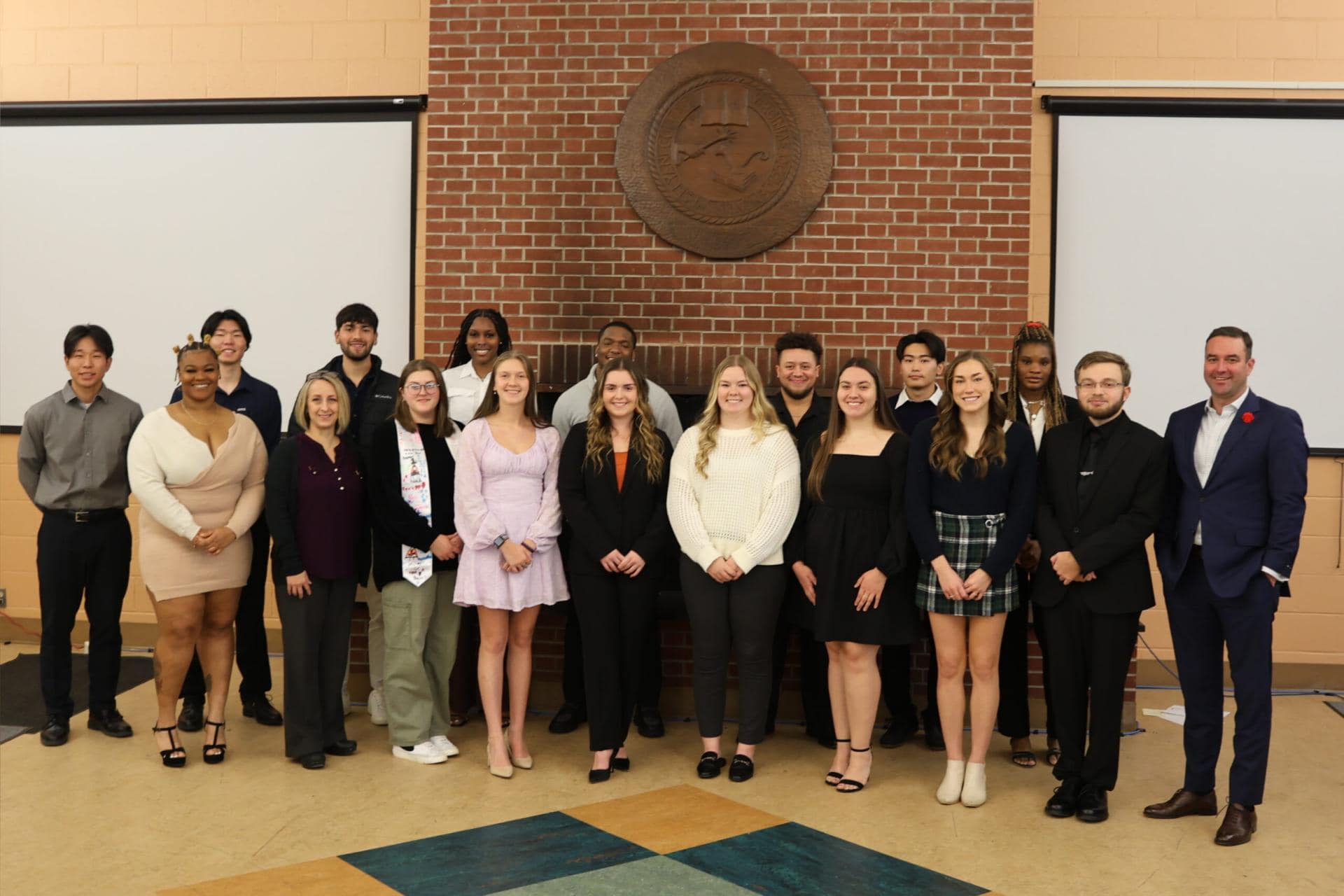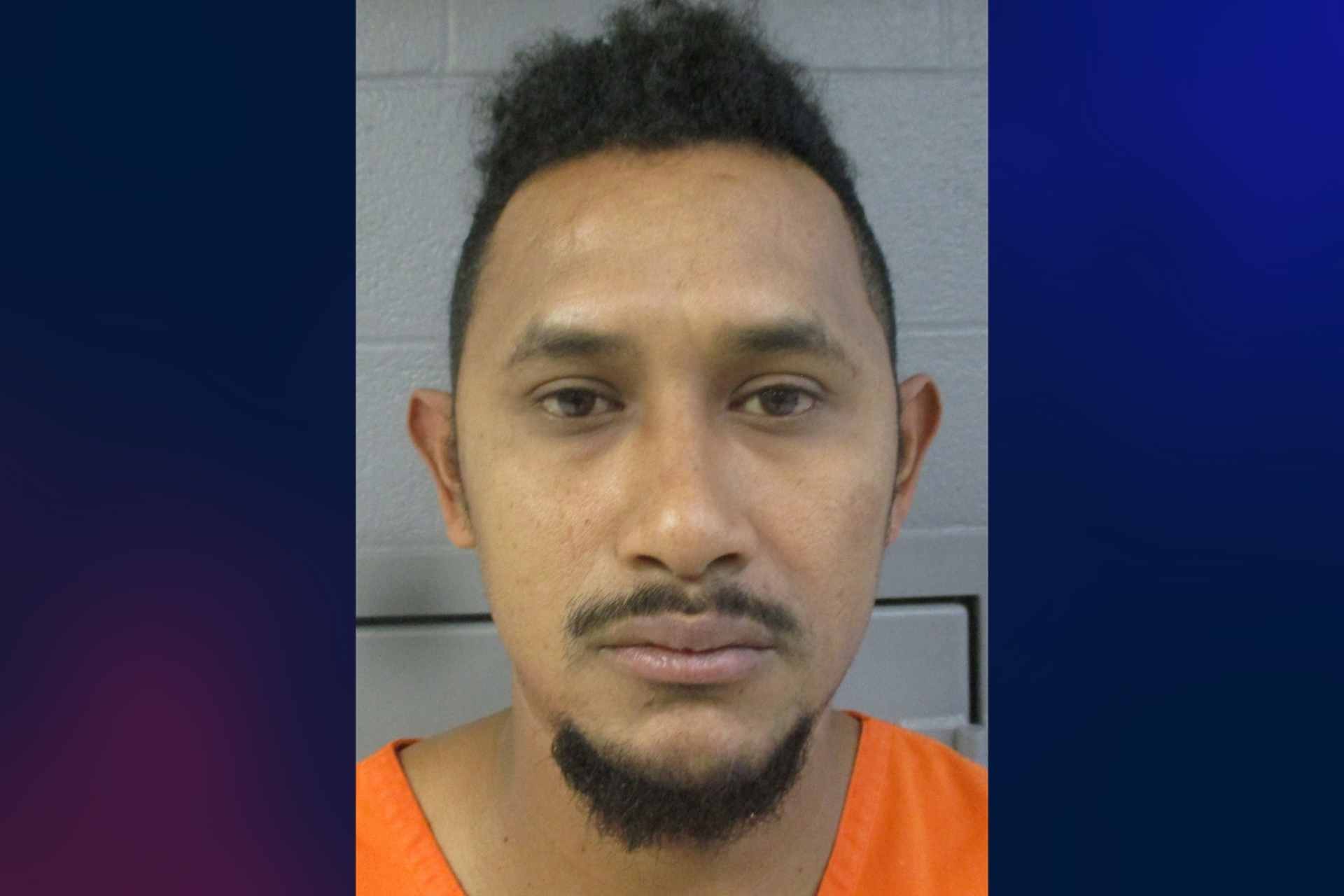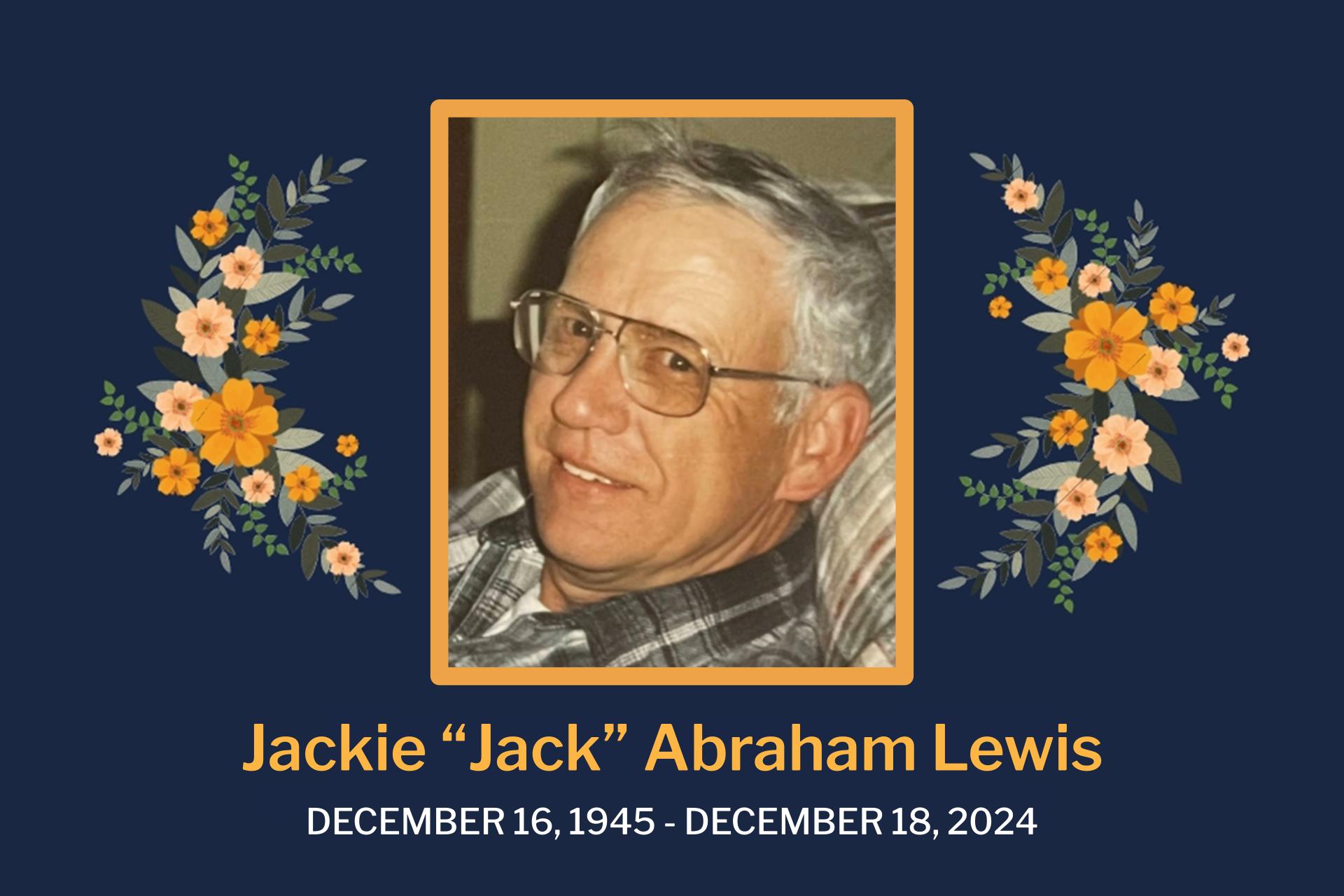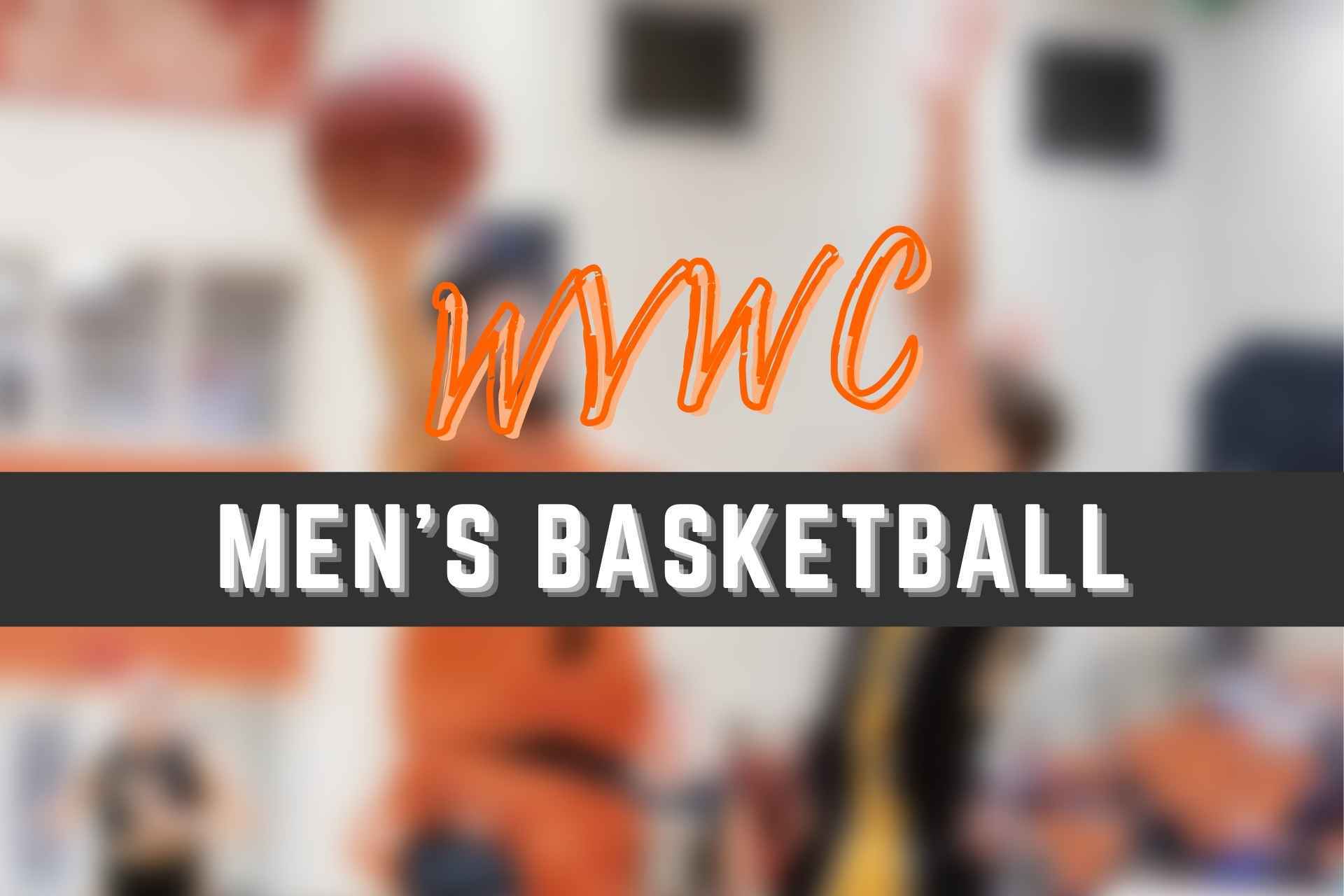SOUTH CHARLESTON — The Fourth of July holiday is one of the busiest times of year for boating recreation and the West Virginia Division of Natural Resources is reminding boaters to make sure their boats are operational, to drive sober and wear personal floatation devices while on the water.
“A lot of people will be taking their boats out this weekend to celebrate our country’s independence and we just want to make sure everyone is enjoying themselves in a way that is safe and responsible,” said WVDNR Law Enforcement Lt. Warren E. Goodson.
Before taking a boat out on the water, Goodson said boaters should perform a safety check to make sure horns and lights are operational and that personal floatation devices are accessible and available for all passengers.
“As the skipper, it is your responsibility to be sober and make sure everyone on board gets back to land safely,” Goodson said.
Boating under the influence is dangerous and against the law. More than 15 percent of recreational boating fatalities are linked to intoxication. To enforce the state’s sober boating laws, Goodson said WVDNR law enforcement officers will be patrolling the state’s waters this weekend.
Boating Safety Tips
When it comes to safety, Goodson said taking a boater education class is one of the best things a new boater can do.
“Operating a motor boat is like driving a car and there are several things you need to do to keep yourself and others safe,” he said. “You can learn everything you need to know in one of our boating safety classes.”
Anyone born after Dec. 31, 1986 must complete a National Association of State Boating Law Administrators approved boater education class before they can legally operate a motor boat or personal watercraft on any water in West Virginia. The traditional in-seat class is free to attend and cover topics such as U.S. Coast Guard navigational rules, safe motorboat operation and legal boating requirements in West Virginia. Boater education classes also can be completed online through a NASBLA and state-approved vendor for a fee.
Goodson said boaters should also do the following:
- Have a throwable device on boats longer than 16 feet
- Share their float plan with someone they trust
- Check the weather
- Appoint at least one additional designated boat operator
To learn more about West Virginia’s boating regulations and boating safety program, visit WVdnr.gov/lenforce/boating.shtm.
